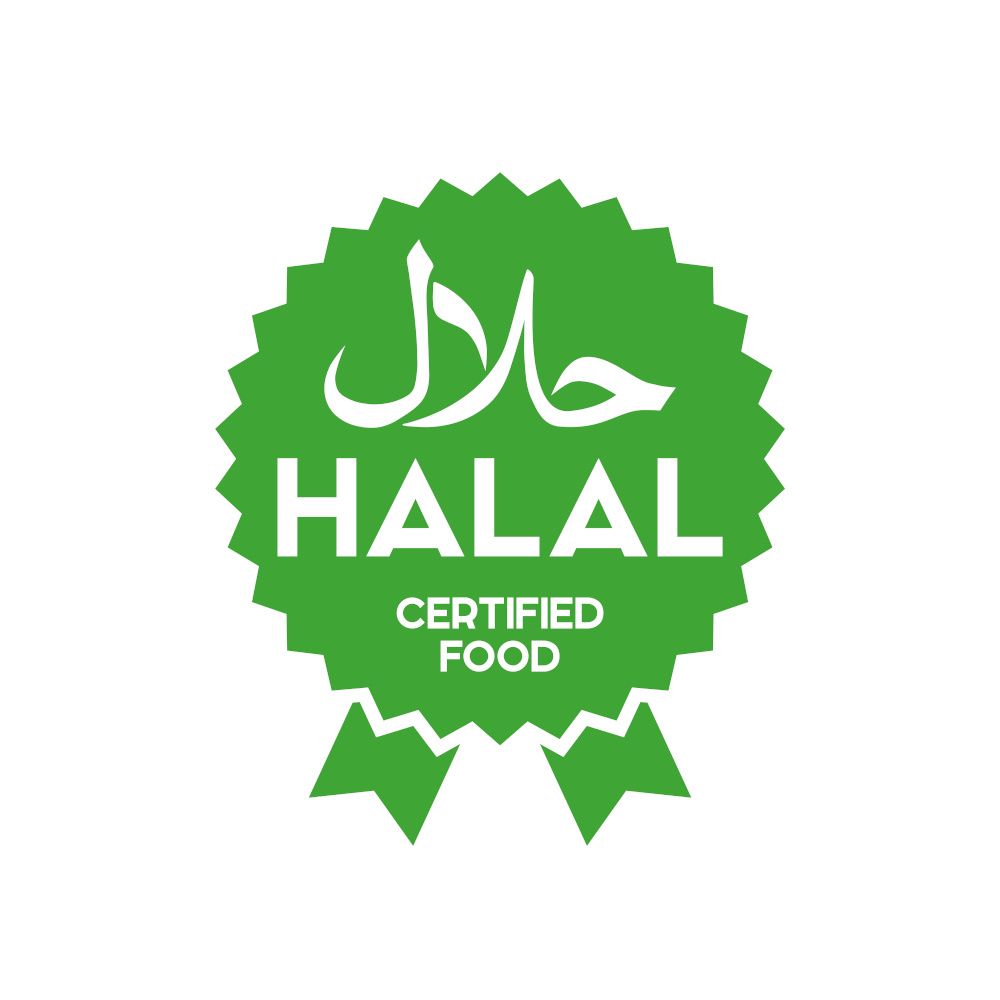Halal foods still face consumer gaps, IFANCA survey finds
More can be done to spread awareness about halal foods and to ensure customers shopping for halal-certified foods know where to purchase them.
Halal-certified foods are gaining market traction, amounting to a $1.9 billion market globally, but more can be done to spread awareness about halal foods and to ensure that customers shopping for halal-certified products know where to purchase them. These findings come from a recent online survey conducted on 1000 U.S. adults by the Islamic Food and Nutrition Council of America (IFANCA; Chicago).
Key survey findings showed that:
- Nearly two-thirds of those aware of halal responded that they don’t consume halal foods “at all” or “more often” because they either don’t practice Islam (64%) or they don’t know enough about halal-certified foods (61%).
- Americans familiar with halal believe that halal-certified food products are more humane (44%), fresher (42%), and healthier (41%) than non-halal-certified foods.
- Consumers with knowledge of halal guidelines are more likely than those unfamiliar with halal to look for nutritional content (81% vs. 74%) and ingredient transparency (76% vs. 62%) when shopping for food.
To be halal-certified, foods must conform to production and ingredient standards that align with halal lifestyles, including standards for procurement, preparation, sanitation, storage, and handling.
Those who do buy halal-certified products may also have difficulty determining where to purchase such products, with the IFANCA survey showing that more than half of Americans familiar with halal (52%) and 72% of those who regularly consume halal-certified foods “report facing difficulties when shopping for halal-certified foods.”
“IFANCA is committed to ensuring that everyone has access to halal foods and products that allow them to live secure, satisfying lives,” said IFANCA’s president Dr. Muhammad Chaudry in a press release. “This survey data shows us that we must continue to do more in the food sector—from retail to foodservice—to better educate and serve our halal consumers.”
Prinova acquires Aplinova to further increase its footprint in Latin America
April 7th 2025Prinova has recently announced the acquisition of Brazilian ingredients distributor Aplinova, which is a provider of specialty ingredients for a range of market segments that include food, beverage, supplements, and personal care.

.png&w=3840&q=75)

.png&w=3840&q=75)



.png&w=3840&q=75)



.png&w=3840&q=75)










